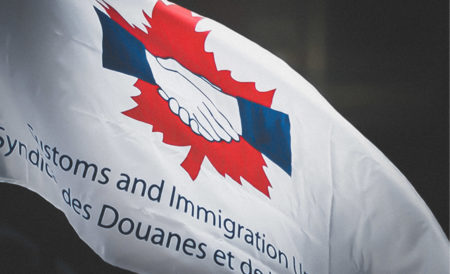PSAC has already held 20 virtual strike info sessions and four strike preparation webinars, and we’ve received great feedback from FB members. In order to ensure all members have the opportunity to vote, we’re hosting one final strike vote information session.
The national virtual session will be held this Thursday, July 22 and will be bilingual with simultaneous interpretation. All members are encouraged to join this meeting regardless of the location of their CIU branch.
Register now for Thursday, July 22 at 6:00 p.m. Eastern.
You must attend a mandatory information session (10-15 minutes) for your vote to be counted. If you’ve already participated in an information session, but haven’t voted, you have until Friday, July 23 at 12:00 p.m. EDT to submit your vote. Voting will be closed after this time and results will be announced the following week.
Under regulation 15 of the PSAC Constitution, every member must attend a mandatory information session (normally about 10-15 mins) to be eligible to vote. This is so we can ensure that everyone has the information they need to make an informed decision and give you an opportunity to ask questions. After attending one of these sessions, you will gain access to information on how to vote. You must have your attendance recorded at one of the 10-15 minute presentation portions or your vote will not be counted.
Any questions you may have about strike votes or strike action can be answered at the virtual vote information sessions that will take place before you vote. However, to provide you with as much information as possible ahead of time, we have compiled key questions and answers for you.
This article has also been posted on the PSAC website.











